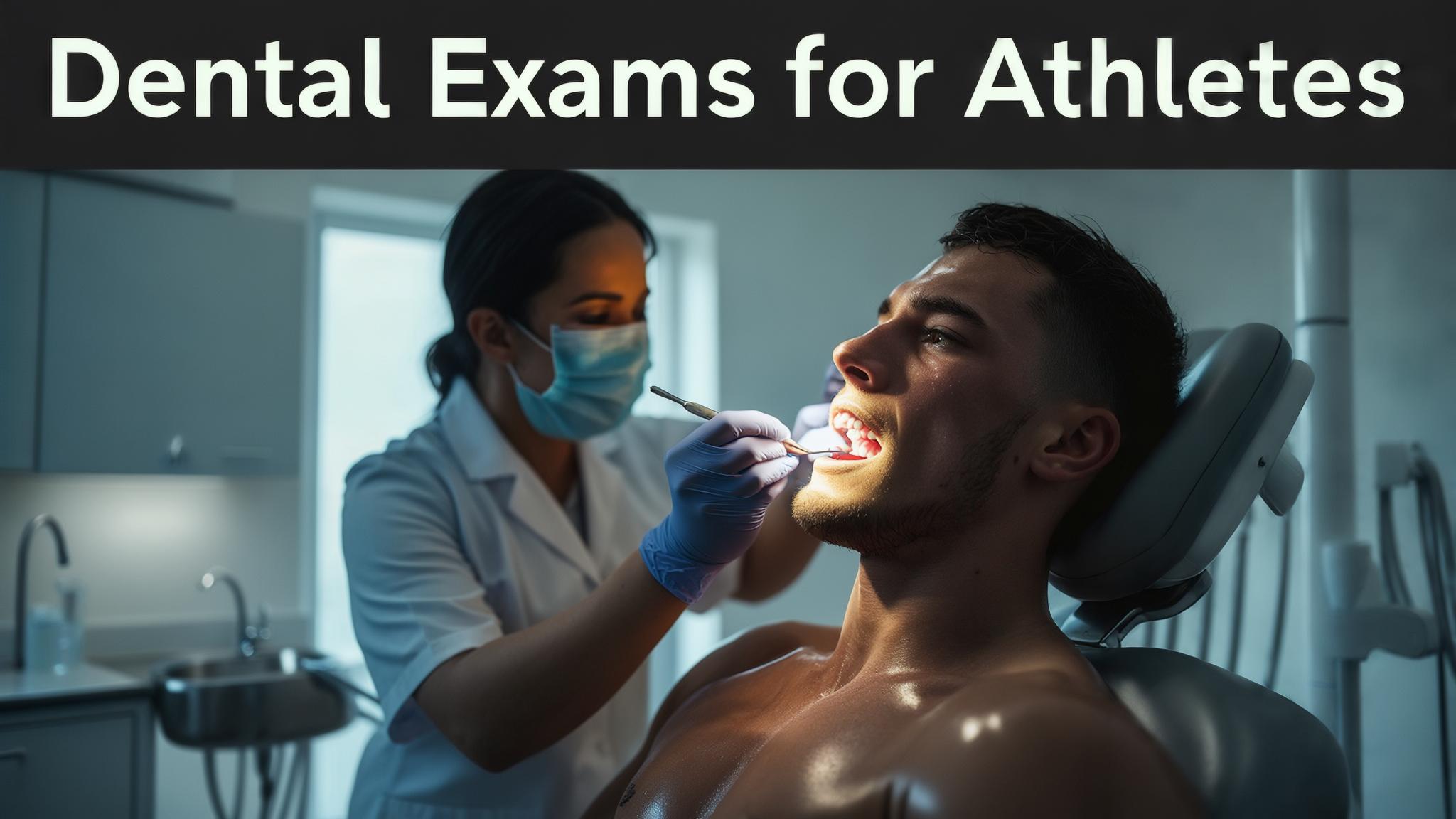Understanding Dental Exams and Their Importance
Imagine your mouth as a bustling city, with teeth as buildings and gums as the roads connecting them. A dental exam is like a city's routine check-up, ensuring everything is in tip-top shape. Dental exams involve a thorough inspection of your teeth and gums to catch any problems early. For athletes, these exams are even more crucial. Athletes often have unique dental needs due to their rigorous training schedules and specific dietary habits. This article aims to shed light on why regular dental check-ups are essential for athletes, helping them maintain peak performance and overall health.
Why Dental Health is Vital for Athletes
Oral Health and Athletic Performance
Your mouth is the gateway to your body, and its health can significantly impact your overall well-being and performance. Poor oral health can lead to systemic issues, affecting your energy levels and stamina. Imagine trying to focus on a game while dealing with a throbbing toothache; it's not easy! Dental pain or infections can distract athletes and reduce their performance on the field.
Common Dental Issues in Athletes
Athletes often face specific dental challenges:
- Tooth wear from grinding (bruxism): Stress and intense focus during sports can lead to teeth grinding, causing wear and damage.
- Dental injuries from contact sports: Sports like football and hockey can increase the risk of chipped or knocked-out teeth.
- Increased risk of cavities: High-carb diets and frequent consumption of sports drinks can lead to cavities.
How Often Should Athletes Visit the Dentist?
General Check-Up Guidelines
For most people, visiting the dentist twice a year is recommended. However, athletes might need more frequent visits due to their unique needs.
Tailored Recommendations for Athletes
The frequency of dental exams can depend on the type and intensity of the sport. For instance, contact sport athletes may benefit from pre-season and post-season check-ups to ensure their teeth are in good condition before and after intense physical activity.
What Happens During a Dental Exam for Athletes?
Comprehensive Oral Examination
A dentist will visually inspect your teeth and gums, checking for cavities, gum disease, and other issues. They will also assess your bite and jaw alignment to ensure everything is functioning correctly.
X-Rays and Diagnostic Imaging
X-rays might be necessary to get a complete picture of your oral health, revealing issues not visible to the naked eye.
Oral Cancer Screening and Hygiene Discussion
Athletes will also undergo an oral cancer screening and receive advice on oral hygiene practices, including dietary habits that can affect dental health.
Special Considerations by Sport Type
Contact Sports
Athletes in sports like football and hockey face higher risks of dental injuries. Using protective gear like mouthguards is crucial.
Non-Contact Sports
Activities like running and swimming might lead to dehydration and dry mouth, which can affect dental health. Staying hydrated is key.
Endurance Sports
Sports drinks and energy gels can erode enamel. Rinsing your mouth with water or chewing sugar-free gum after consumption can help mitigate damage.
Preventive Measures and Treatments
Mouthguards
Custom-fitted mouthguards provide superior protection compared to over-the-counter options. They are tailored to fit the athlete's mouth perfectly, offering better comfort and protection.
Fluoride Treatments and Sealants
These treatments can help strengthen teeth and prevent decay, especially important for athletes consuming high-sugar sports drinks.
Oral Hygiene Education
Proper brushing and flossing techniques are crucial. Athletes should also pay attention to their diet, ensuring they stay hydrated and avoid excessive sugary snacks.
Conclusion: Prioritize Your Dental Health
In summary, regular dental exams are vital for athletes, not just for maintaining a healthy smile but for ensuring optimal performance. By prioritizing dental health, athletes can focus on their game without the distraction of dental issues. So, schedule your next dental check-up and keep your mouth—and your game—at its best.

